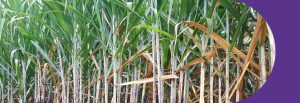
Webinar | Varieties obtaining process
During the event, we will talk about: The step by step from the selection of varieties to be used as parents to the release of commercial varieties and the phenotypic and statistical tools


During the event, we will talk about: The step by step from the selection of varieties to be used as parents to the release of commercial varieties and the phenotypic and statistical tools
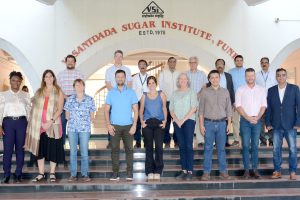
The International Sugarcane Biotechnology Consortium (ICSB) approved a proposal presented by Cenicaña to develop the Pathogen Genome Assembly project
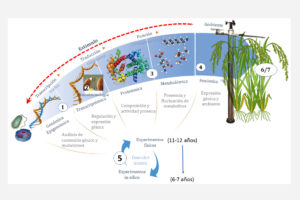
Approximately two years ago, a group of 17 entities, including national and international universities, research centers, and technology-based companies joined forces to seek solutions that would contribute to
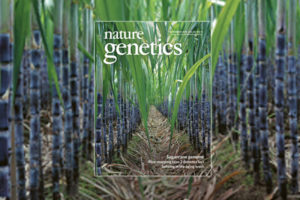
The scientific journal Nature Genetics published in its latest edition the article 'High resolution genome of the autopolyploid sugarcane Saccharum spontaneum L', which has contributions from
Paul Moore, secretary general of the International Sugarcane Biotechnology Consortium (ICSB), visited the Cenicaña Experimental Station and spoke with Carta Informativa about advances in
Nine experts from five countries attended the annual meeting of the Consortium to share research results and discuss new projects.
Between May 31 and June 3, Cenicaña will host the annual meeting of the International Sugarcane Biotechnology Consortium, an organization that
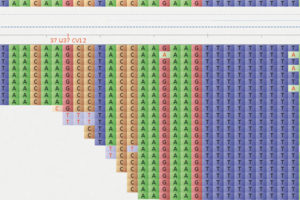
Main facts and strategies that have marked research in genetic identification in sugarcane. 0 Cenicaña begins to work on isolating genes related to efficient use
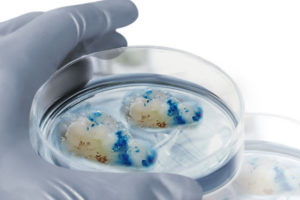
Main facts that have marked research in genetic transformation, keys for the development of genetically modified cane varieties.
One of the major interests of the sugarcane agribusiness is to implement biotechnological tools that support and accelerate the development of more productive varieties.

The use of this site is subject to express conditions of use. By using this site, you accept the Confidentiality clauses and our personal data processing policy.
